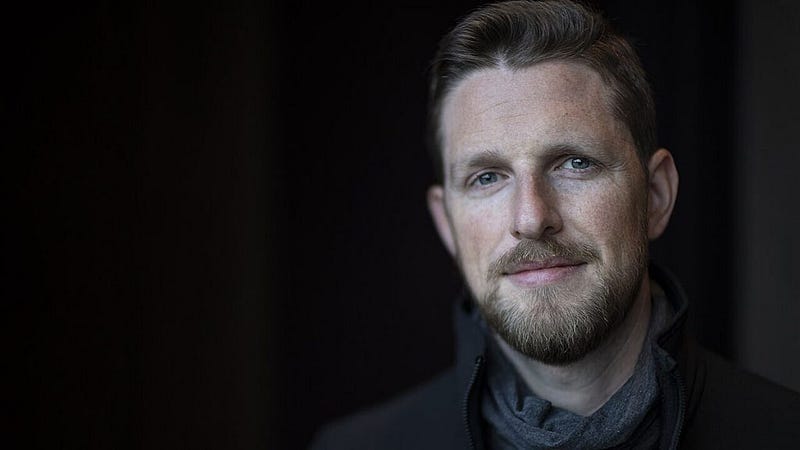The Most Powerful Person on the Internet No One Knows
As someone(Hi I’m Edmund if you don’t already know me) deeply immersed in the digital space, I’m always intrigued by the unseen forces…
As someone(Hi I’m Edmund if you don’t already know me) deeply immersed in the digital space, I’m always intrigued by the unseen forces shaping our online experiences.
Recently, I stumbled across a startling realization: one man’s company controls nearly 40% of the internet. Yes, you read that right. And no, it’s not one of the tech giants(it’s NO ELON, ZUCKERBURG, OR TIM COOK) you might be thinking of.
The company is Cloudflare, and the man behind it is Matthew Prince. For those who own a website, you might have heard of this company. At first glance, Cloudflare might seem like just another tech service provider, but the reality is far more significant.
Let me simplify it for everyone to know: If you’ve ever loaded a webpage or streamed content, there’s a good chance Cloudflare played a role in making that possible.
Cloudflare functions as a backbone of the internet, offering critical services like content delivery, cybersecurity, and protection against DDoS attacks. While this level of influence might seem impressive — and to a degree, it is — it also raises some serious concerns.
Centralization of power in any industry can lead to vulnerabilities, but when it comes to the Internet, the stakes are higher than ever.
What happens if Cloudflare’s systems go down?
What about the potential misuse of this enormous power?
These are not hypothetical scenarios; they’re real risks we need to talk about.
Take, for instance, the infamous outages that occurred when Cloudflare experienced technical issues. Overnight, large swaths of the internet were rendered inaccessible. It was a sobering reminder of how dependent we’ve become on a single entity to keep our digital world running. This level of dependence feels akin to putting all our eggs in one basket — a fragile basket that’s as susceptible to human error as it is to malicious attacks.
Another concern lies in the ethical considerations of such power. Cloudflare has faced criticism for providing services to controversial websites and organizations.
While the company maintains a neutral stance, arguing that they’re merely a service provider and not a content regulator, the moral implications of enabling harmful activities online cannot be ignored.
Should a single company have the ability to decide who gets to stay online and who doesn’t?
Of course, this isn’t to undermine the remarkable achievements of Cloudflare or Matthew Prince. Their work has undeniably advanced the Internet’s infrastructure, making it faster and more secure for billions of users.
But with great power comes great responsibility, and we must ask ourselves: is it wise to let so much of the internet’s functionality rest in the hands of a single company?
The internet was designed to be decentralized, a space where no single entity could exert too much control. Yet, we find ourselves drifting away from that vision. It’s time for us to reevaluate the balance of power in the digital realm. Governments, tech leaders, and internet users alike must push for solutions that ensure resilience, diversity, and accountability in our online ecosystem.
As I reflect on this, I can’t help but think about the future of technology and the kind of internet we want to leave for the next generation. For me, it’s about building systems that empower rather than control, that democratize rather than centralize. Ultimately, the internet belongs to all of us, and we have a collective responsibility to shape it for the better.






